-
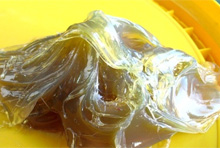 What are the characteristics of common grease types in the market?
What are the characteristics of common grease types in the market?1. Calcium-based grease: good water resistance, but poor heat resistance, the maximum operating temperature: 60 ℃. Price: Low. 2, Sodium-based grease: extremely poor water resistance, heat resistance and rust resistance in general, generally used at about 80 ℃, the price is lower. 3, Aluminum-based grease: good rust resistance, poor heat resistance and water resistance, the maximum use temperature of 50 ℃, the price is low. 4, General lithium-based grease: good heat resistance, water resistance, good rust resistance, the maximum operating temperature of 120 ℃, the price is moderate. 5. Extreme pressure lithium-based grease: good heat resistance, water resistance, rust resistance, good extreme pressure performance, the maximum use temperature of 120 ℃, suitable for the lubrication of mechanical equipment and bearings with higher loads. fair price. 6. Molybdenum disulfide extreme-pressure lithium-based grease: good heat resistance, water resistance, rust resistance, good extreme pressure performance, the maximum operating temperature of 120 ℃, suitable for parts with high load or impact load. fair price. 7, Bentonite grease: good heat resistance, good water resistance, poor rust resistance, the maximum use temperature of about 130 ℃, the price is relatively high. 8. Compound calcium-based grease: good heat resistance, water resistance, rust resistance, good mechanical stability (shear resistance), the highest use is about 130 ℃, the price is higher. 9. Extreme pressure composite lithium-based grease: heat resistance, water resistance, rust resistance, mechanical stability, extreme pressure resistance, the highest use at 160 ℃, the price is higher. 10. Polyurea grease: good heat resistance, good oxidation resistance, good water resistance, good extreme pressure, long bearing life, and certain radiation resistance. It is a new type of grease product. There are no national standards or industry standards. The price is high.
-
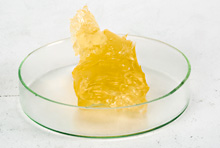 Select grease according to operating temperature
Select grease according to operating temperatureThe working temperature of the lubricating part is an important basis for selecting grease. The typical component that uses grease is a rolling bearing. As far as the relationship between bearing temperature and grease life is concerned, every 10-15 ° C increase in bearing temperature reduces the grease life by about 1/2. Generally, the temperature of the outer ring of the bearing is about 15 ° C lower than the temperature of the inner ring. The temperature of the bearings working at low and medium speeds (3000-5000r / min) is similar to the temperature of the internal medium. For machine bearings used indoors, such as machine tools, intermittently started motors, hand tools, instruments and precision machinery, the general operating temperature range is 10-50 ° C. For transportation machinery, construction machinery, agricultural machinery and other outdoor working mechanical bearings, the general working temperature changes with changes in atmospheric temperature. Atmospheric temperature changes in most areas of China from -40-40 ° C. Increasing load, accelerating speed, increasing ambient temperature, overfilling grease, and long-term continuous operation all cause the rolling bearing temperature to rise. For example, 240 bearings working at a neck load of 1470N (150kgf) and a speed of 8000r / min can reach a temperature of 40-70 ° C. For wheel bearings of trucks traveling along the avenue, the temperature can reach 40-80 ° C. Large generator bearings can reach temperatures of 89-90 ° C, and rolling bearings such as aircraft landing gear and high-temperature motors can reach 150-200 ° C or higher. Considering the temperature resistance of grease, not only the dropping point of the grease, but also the type of base oil, oxidation resistance, evaporation performance and so on. The maximum temperature of 40-50 ° C should be mineral oil calcium-based grease or lithium-based grease; the maximum temperature of 100-120 ° C should be mineral oil lithium-based grease or mineral oil composite soap-based grease; the maximum temperature of 150 ° C should be mineral oil or synthetic hydrocarbon Lithium-based, aluminum-based or barium-based greases for oils; maximum lithium-based, polyurea, bentonite or amide greases should be selected for ester oils, synthetic hydrocarbons, and alkyl silicone oils at a maximum temperature of 180-200 ° C; maximum temperatures of 250 ° C should be selected Phenyl silicone oil, perfluoropolyether urea-based grease or fluorine-containing grease; the highest temperature of 300 ℃ should be selected from high phenyl silicone oil boron nitride grease or silicone grease. The above is the case of high temperature, and the working temperature of the lubricating part is lower in some cases. Generally, the temperature is below -30 ° C. Synthetic oil grease must be used, especially some miniature bearings for instruments, and the starting torque is small. Special attention should be paid when selecting grease. The minimum temperature limit for synthetic oil grease is -80 ° C.
-
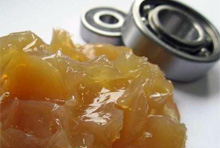 Choose grease according to purpose
Choose grease according to purposeWhen selecting a grease, the purpose of the grease should be clearly defined. According to the role played by grease, grease can be roughly divided into three categories: friction reduction, protection, and sealing. It depends on which part of the grease needs to be applied, which one is the main role of the grease. grease. As antifriction grease, the range of resistance to high and low temperature, the limit of resistance to rotation speed, and the load should be considered. As a protective grease, the metal to be contacted should be taken into consideration, and whether the medium to be contacted is water or chemical gas. In terms of the performance of the grease, the indicators of metal protection, oxidation resistance, water resistance, etc. . As a sealing grease, you should first consider whether the seal material in contact is rubber or plastic, or metal. Especially when rubber and plastic are used as the sealing element, the brand of the rubber must be clarified, and a suitable grease should be selected according to the compatibility of the grease with the rubber. The second is to consider the contact medium, such as water, alcohols, oils. Whether it is a static seal or a dynamic seal. If it is a static seal, you should choose a thicker sealing grease. If it is a dynamic seal, you should choose a grease with a base oil viscosity that is not too large; if the medium is water or alcohol, you should choose a high viscosity paraffin-based base oil. Grease, medium is oil, should use KM-201 grease and other oil-resistant sealing grease.
-
 KEERMO can develop customized greases for you
KEERMO can develop customized greases for youOur experienced technical staff and engineer's development team can customize and develop your exclusive grease according to your industry needs and special use environment. The following issues will be resolved for you: Grease and its application possibilities, Tailored grease specifications for any industry application, Almost 100 kinds of special greases are provided in various industries, and small quantities can be directly produced in batches. OEM grease advice and service, Safety, environmental and health issues are related to the use of grease. The company has set up a 200-square-meter product development room for R & D personnel to customize and develop products required by customers according to different application scenarios, use environments, industry characteristics and special needs.
 86-13380181800
86-13380181800
 Leo@keermo.com
Leo@keermo.com

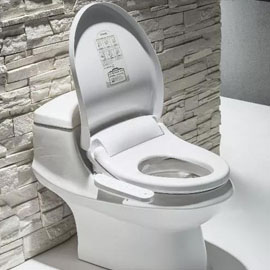
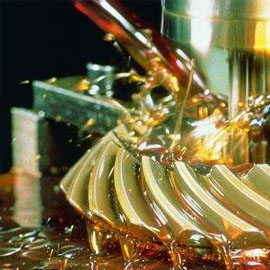
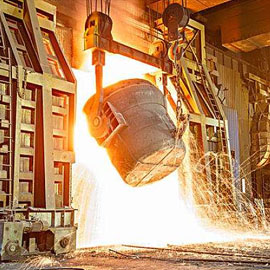
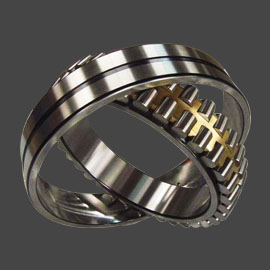
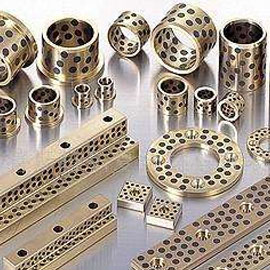
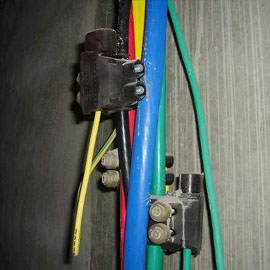
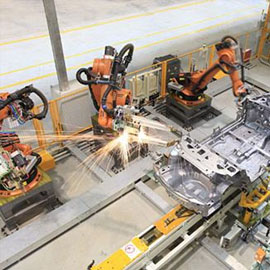









 86-13380181800
86-13380181800

 86-13380181800
86-13380181800